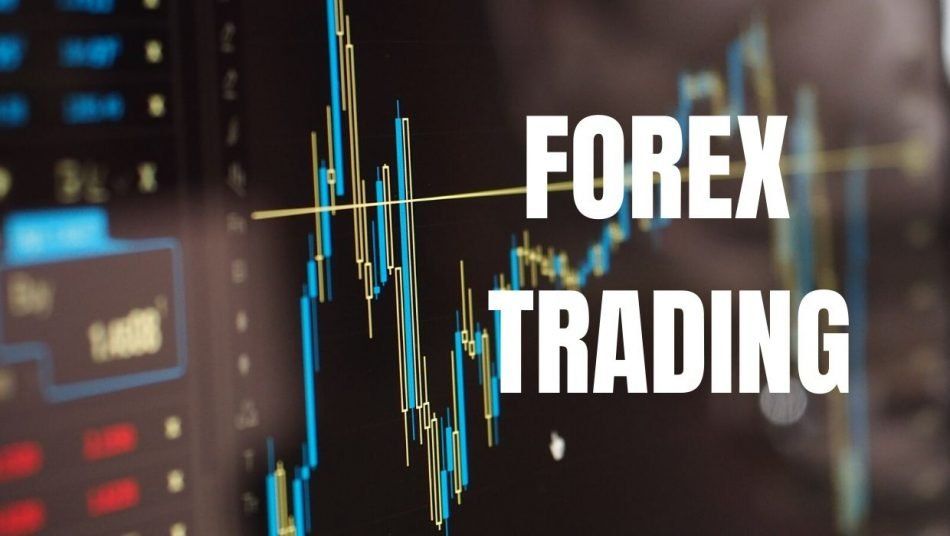
Table of Content
Many believe that having more money means having more freedom and fewer discipline. Yet, in reality, personal finance and investing obey a paradoxical rule: the more your wealth grows, the greater your discipline must become. Money is not merely a tool — it’s a test of mindset, resilience, and self-control.
When Income Rises, What Breaks Financial Discipline First?
It’s not a lack of knowledge or tools that breaks financial discipline first — it’s emotion and lifestyle. As income grows, people tend to upgrade their standard of living faster than they can build real wealth. This phenomenon is known as lifestyle inflation — when spending rises in proportion to income.
The new lifestyle brings a sense of “I deserve it,” causing many to lose their sense of control. A better car, a larger apartment, a longer vacation — all emotionally justified, yet dangerous to your cash flow. At this point, financial discipline doesn’t mean extreme saving; it means knowing your spending limits and maintaining a minimum saving and investment ratio that must never be broken, no matter how much your income increases.

A million-dollar portfolio doesn’t prove financial intelligence — it only reflects the scale of risk if discipline is missing. The difference between the truly wealthy and the “paper rich” lies in their ability to control drawdown — the maximum acceptable decline in capital.
In prop trading, drawdown management is a matter of survival; in personal investing, it’s about capital preservation. Undisciplined investors often make emotional decisions, set no stop-loss, and fail to diversify their portfolios. A single market downturn can wipe out decades of accumulation. When the market reverses, they don’t lose money because of a bad trade — they lose because they had no exit plan.
That’s why preserving capital is more important than chasing higher returns — and discipline remains the only true “brake system” capable of protecting great wealth.
When you’ve already built substantial wealth, which form of discipline matters more — Investing or Preserving?
The answer, quite simply, is the discipline of preservation. Once you reach a certain level of financial security, your main objective is no longer acceleration but endurance. The accumulation phase of life demands energy, optimism, and a willingness to take calculated risks. But once wealth has been established, the preservation phase calls for a very different mindset — one of consistency, caution, and strategic allocation.
Investment discipline allows your capital to grow; preservation discipline ensures that your wealth survives through turbulence. This is why legendary investors such as Warren Buffett emphasize a deceptively simple philosophy:
Rule number one: never lose money.
Rule number two: never forget rule number one.
For those with significant assets, not losing money can often be more important than making more. In volatile markets, the ability to retain 100% of your capital can already put you ahead of 90% of other investors. It’s not about winning every battle — it’s about staying in the game long enough to win the war.
What happens when your wealth multiplies tenfold but your mindset stays the same?

Money amplifies who you are. If you’re impulsive, money magnifies that recklessness. If you’re disciplined, it strengthens your stability. When wealth expands but your financial thinking remains stagnant, you end up using a poor person’s mindset to manage a rich person’s resources. The risks then grow exponentially.
Imagine a trader who once invested $10,000 with the attitude, “If I lose, it’s just a lesson.” That mindset might be harmless at a small scale. But apply it to a $1,000,000 portfolio, and a few poor decisions could wipe out everything. Money doesn’t create discipline — it merely exposes the level of discipline you already had. Without upgrading your thinking, wealth becomes not a safety net but a time bomb waiting for the right moment to explode.
Many people assume that having substantial assets gives them the freedom to borrow and leverage without concern. Yet leverage is one of the most dangerous tools in finance — a double-edged sword that can either multiply gains or destroy both profits and reputation in a single blow. Used carelessly, leverage doesn’t just cut into earnings; it cuts into trust, credibility, and future opportunities.
Leverage works only when discipline outweighs greed. Professional investment funds, prop trading firms, and major financial institutions all enforce strict rules: fixed margin requirements, clearly defined drawdown limits, and automatic stop-loss mechanisms. These safeguards exist to prevent emotional decision-making and overexposure.
Wealthy individuals, however, often fall into the trap of overconfidence — believing their experience will protect them. The greatest mistake is taking on leverage without carefully considering the worst-case scenario. No matter how experienced you are, markets can humble anyone.
The more money you have, the more you must understand that every single percentage of risk represents hundreds of thousands of dollars on your balance sheet. A single market crash can erase years of progress. That is why the wealthiest investors in the world treat risk not as an abstract concept but as a constant, measurable threat that demands daily respect.
True financial maturity isn’t about how much you earn or own — it’s about how well you protect what you’ve already built when the world shifts against you.
Can Financial Discipline Be Outsourced?

AI systems, financial advisors, and investment funds can all enhance your decision-making, but none of them can substitute for inner discipline. Technology and expertise may help you see the market more clearly, yet they cannot control your impulses when greed or fear takes over.
A trader can rely on AI to process vast amounts of data in milliseconds, identify patterns, and even predict short-term volatility. But when the market suddenly swings, no algorithm can stop that trader from making an emotional decision. Likewise, a financial advisor can craft a sound investment plan and help you diversify your portfolio — but they can’t stop you from buying at the peak or selling in panic when prices fall.
Financial discipline is not a product or a service; it’s a psychological skill — the ability to manage your own reactions in moments of uncertainty. You cannot outsource emotional control. Even the most sophisticated tools are useless if the person using them lacks self-awareness, patience, and restraint.
That’s why truly successful individuals operate with two forms of “AI” in harmony:
- Artificial Intelligence — technology that enhances decision-making.
- Authentic Integrity — the honesty and self-control that come from within.
Reaction to Small Losses — The True Measure of Financial Strength
How you react to a small loss says far more about your long-term financial strength than how you behave after a big win. A trader who panics after losing just 2% of their capital will often overcorrect, double down, or take impulsive trades to recover quickly — and in doing so, risk losing 20% the next time. By contrast, an investor who remains calm and analytical after a minor setback usually stays composed during true market turbulence.
Discipline is not revealed when you win, but when you accept losses with a plan. A disciplined person understands that a small, controlled loss is simply the cost of survival. The undisciplined, however, view losing as an insult to their ego. Emotional revenge against the market — trying to win back immediately what was lost — is the fastest path to financial ruin. In both investing and life, strength doesn’t come from avoiding risk, but from controlling your reaction to it.
The more wealth you have, the more the game demands calmness and consistency. The truly wealthy don’t seek thrills from speculation; they seek sustainability through prudent management. When you have little money, a mistake costs you something. When you have a lot, that same mistake can cost you everything. That’s why “the more money you have, the more discipline you need” isn’t moral advice — it’s a survival principle in the world of finance.
Financial discipline is not a static rulebook; it’s a state of mind — a combination of emotional intelligence, patience, and self-awareness. It teaches you to treat both wins and losses with the same calm detachment.
In the end, discipline is your armor in the financial battlefield. It doesn’t make you immune to loss, but it shields you from self-destruction. And that, more than any amount of wealth, is the truest measure of financial maturity.

















